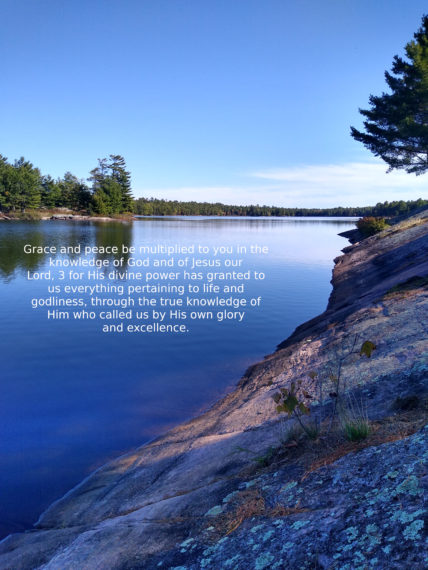2nd Peter 1:1-4
1 Simon Peter, a bond-servant and apostle of Jesus Christ, To those who have received a faith of the same kind as ours, by the righteousness of our God and Savior, Jesus Christ: 2 Grace and peace be multiplied to you in the knowledge of God and of Jesus our Lord, 3 for His divine power has granted to us everything pertaining to life and godliness, through the true knowledge of Him who called us by His own glory and excellence. 4 Through these He has granted to us His precious and magnificent promises, so that by them you may become partakers of the divine nature, having escaped the corruption that is in the world on account of lust.
Peter the Man:
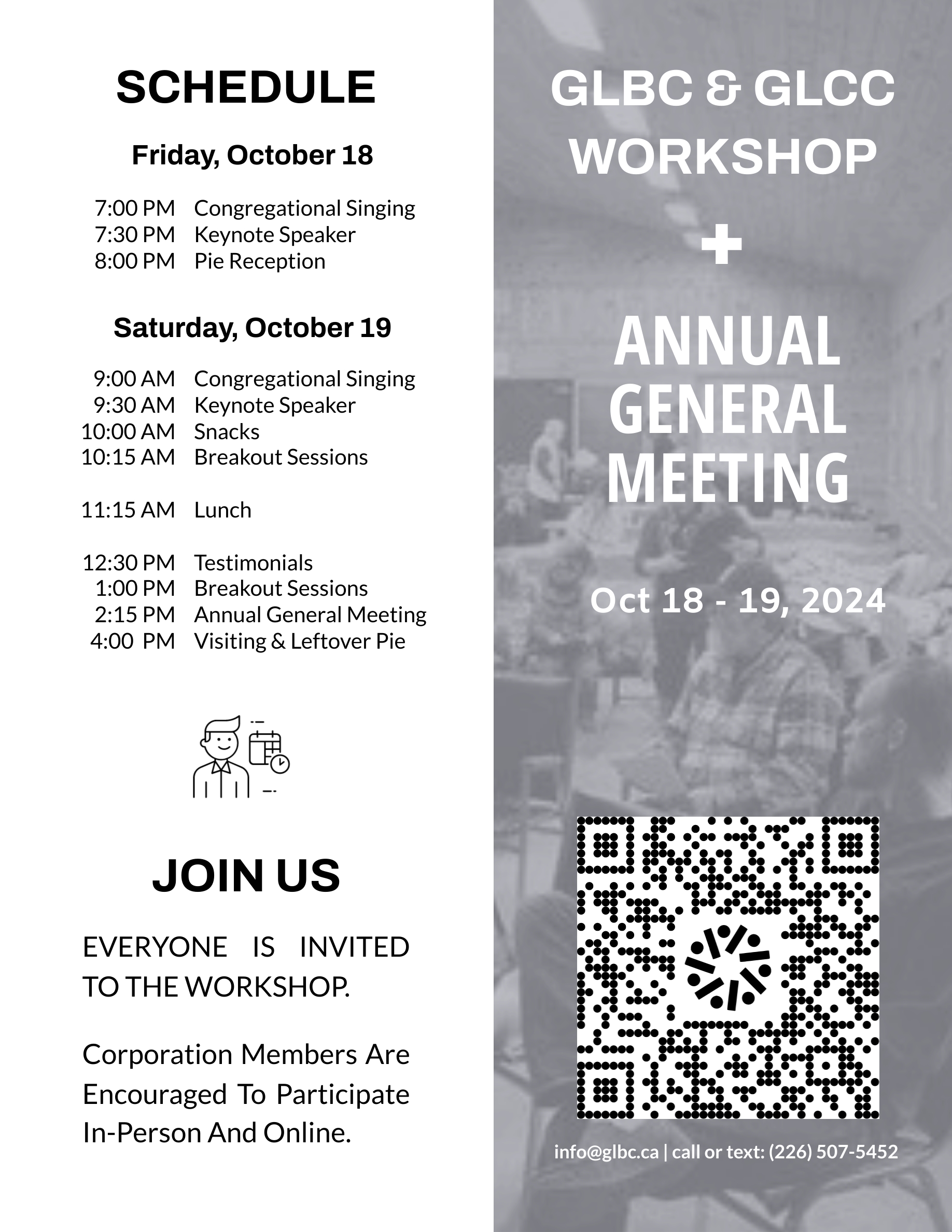
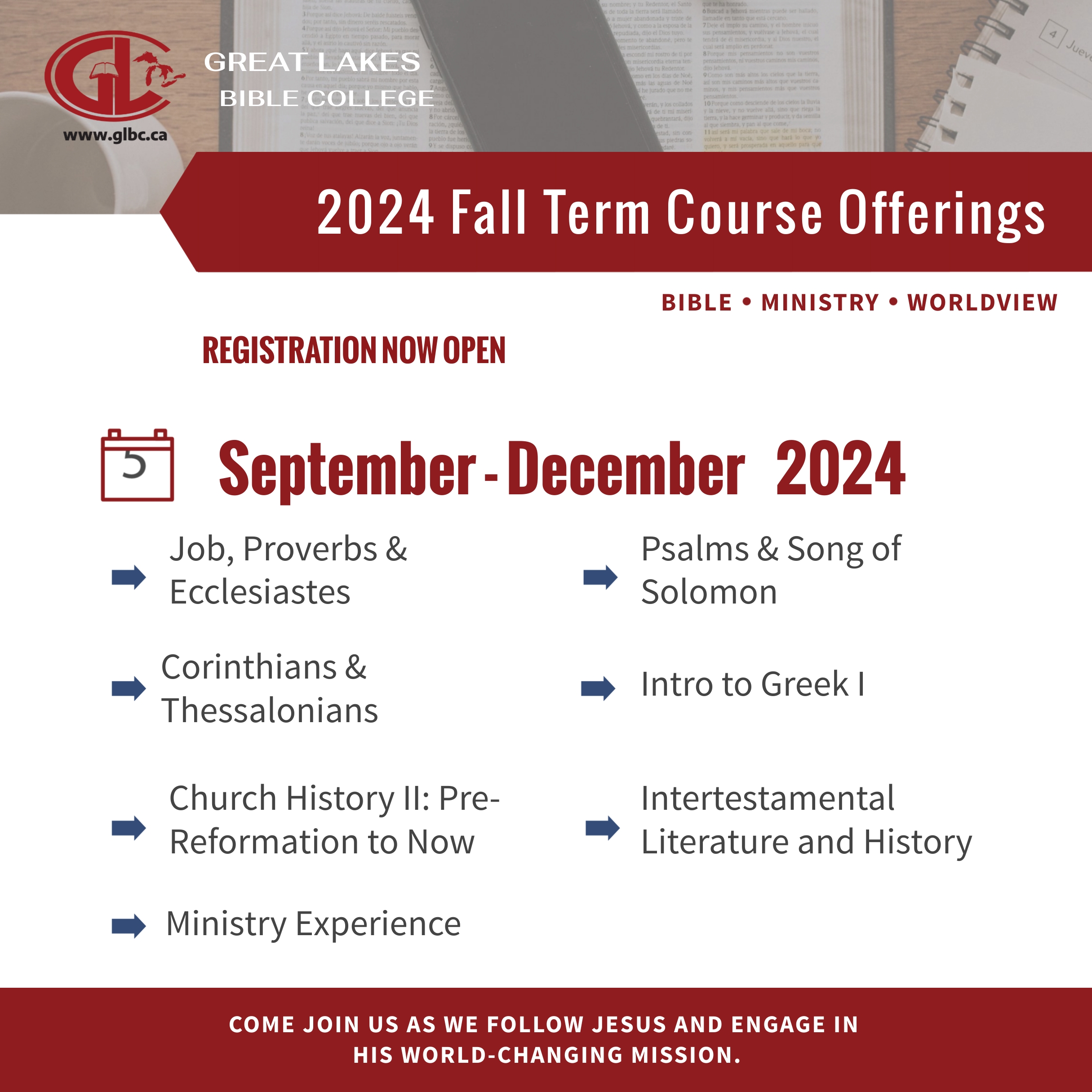
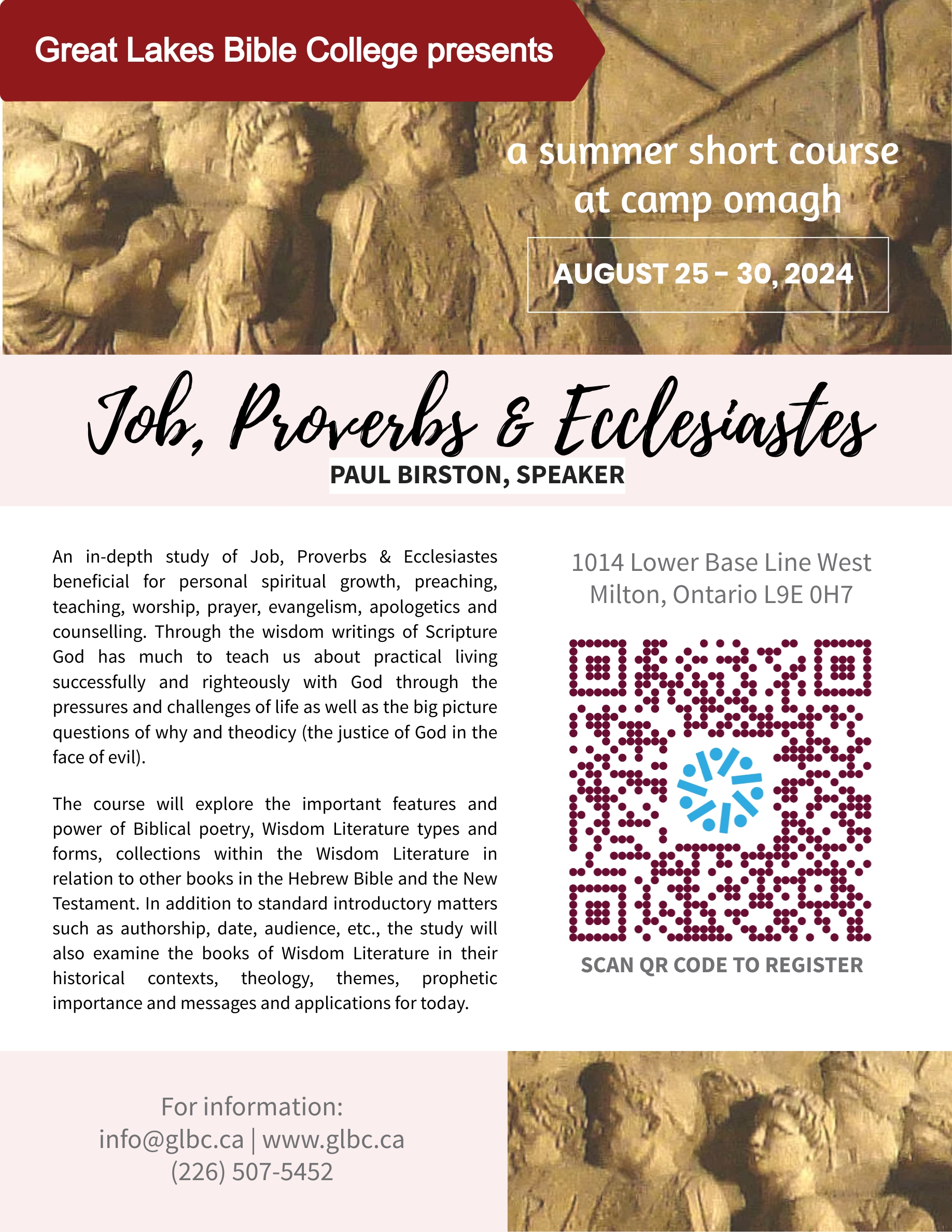

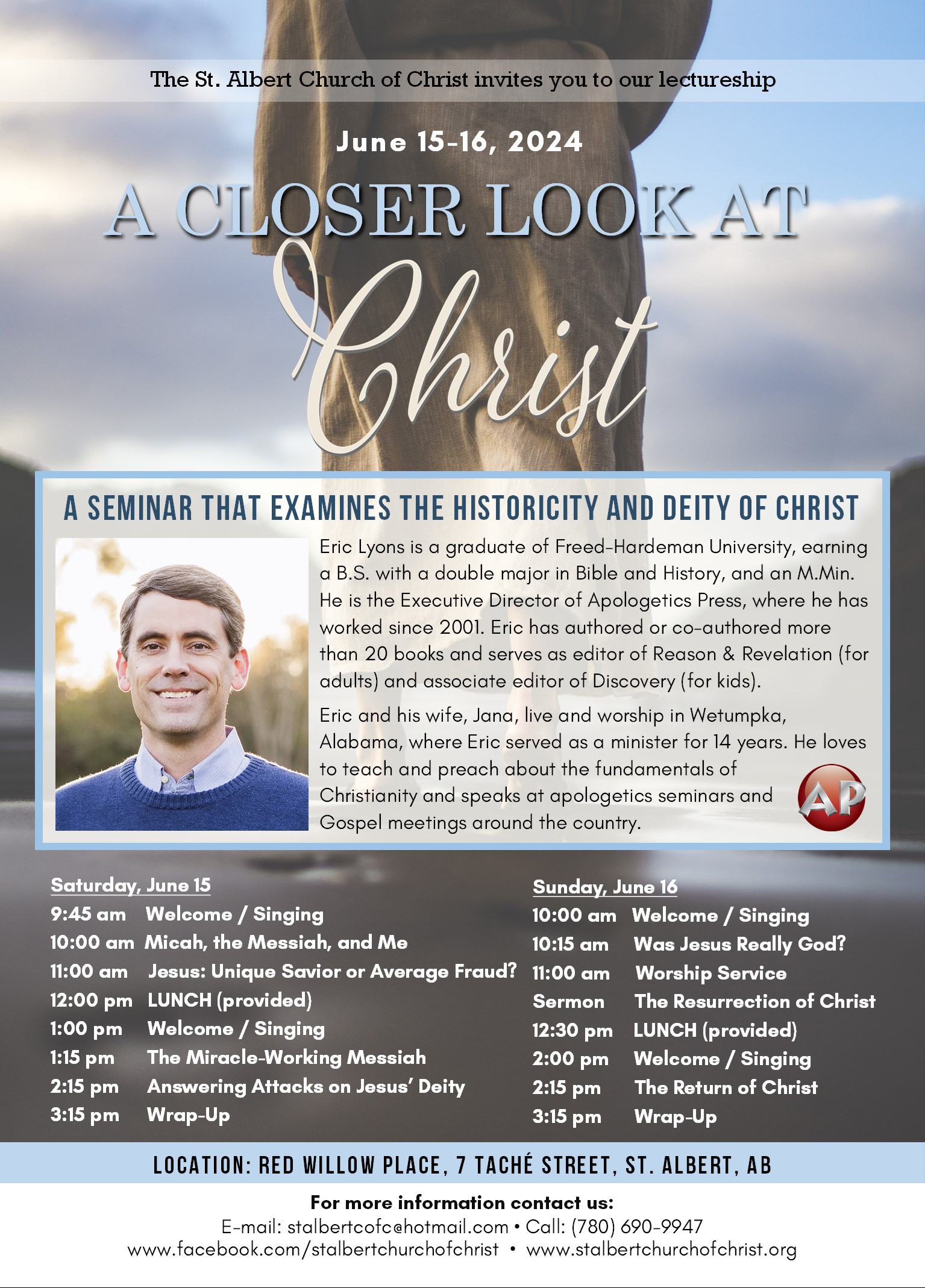








The apostle Peter is one of the most familiar characters of the New Testament. The N.T. has a lot to say about him and of course he speaks for himself in the letters that he wrote. We admire his strengths and see ourselves in his weaknesses.
His parents called him Simon or Simeon – he was the son of Jonas. Jesus renamed him and in Greek he was Peter which came out in Aramaic as Kephas. Peter combined these, referring to himself II Pet. 1:1 as Simon Peter
He was from Bethsaida in Galilee. Before Jesus called him he was a fisherman along with his brother Andrew. These two sons of Jonas were among the first disciples that Jesus chose. When Jesus began his ministry, Peter was married & living in Capernaum
Peter is known to us for many things. He was the first to confess Jesus as the Christ, the son of the living God. Of course he turned right around and contradicted Jesus about dying on a cross…only to be rebuked. At Jesus’ invitation, Peter stepped out of a fishing boat in the middle of a storm and at least for a time, walked upon the water. He appears prominently in all four of the N.T. gospels
Some say that Peter, James & John formed an inner circle around Jesus. Then again, the Lord may just have singled out the opinion leaders for special attention. Peter was both impetuous and outspoken. And on one occasion James and John wanted to call down fire from heaven – to destroy a village of Samaritans. They were natural leaders who needed to be reigned in.
Yet it was these three whom Jesus invited into the house of Jairus when he raised that man’s daughter. Only they were with Jesus on the Mount of Transfiguration. Only these three went with Jesus further into Gethsemane on the night that he was arrested. Earlier that night, Peter claimed to love Jesus more than the other disciples. He promised to stand by him even if no one else did. But by the next day, he denied the lord 3 times, as Jesus predicted. Which is why, after rising from the dead, Jesus forgave him and restored him to a place of leadership with three separate affirmations (John 21)
After Jesus went back to heaven Peter emerged as the leader of the disciples. He took it upon himself to find a replacement for Judas in Acts 1. Jesus had given him the ‘keys of the kingdom’.
And he exercised that role when he delivered the first gospel message on Pentecost, inviting people to enter God’s kingdom (Acts 2:37-40).
Along with John, Peter used his gift of healing to cure a lame man at the Temple and then preached a sermon based on that miracle. Acts 3:1-26). They were arrested for this and put on trial before the Sanhedrin who beat them and forbid them to preach any more about Jesus. But they did not back down nor did they stop preaching. (Acts 4:1-31).
In Acts 5, It was Peter who condemned Ananias and Sapphira for lying to the Holy Spirit and who were then put to death by God. This was perhaps the hardest thing that he ever had to do.
Some time later, Peter and John followed up on Philip’s work in Samaria. He had a run-in with Simon the sorcerer, who thought he could buy his way into the apostolic circle. Peter warned him of God’s wrath – in no uncertain terms and urged him to repent (Acts 8). From Samaria, Peter went on a mission trip up along the Mediterranean coast, stopping first at Lyyda where he healed a man who lay paralyzed.
At Joppa Peter raised Tabitha from the dead and for a time stayed on in the house of Simon the tanner, where he had a vision. It was all about God accepting Gentiles into his kingdom. Just before that, an angel had appeared in Caesarea to a Cornelius and told him to send for Peter, who would tell him what he needed to do to be saved. All of which worked out so that Gentiles like us were invited into God’s kingdom.
Back in Jerusalem, Peter and James the brother of John were arrested. King Agrippa had James executed… but an angel let Peter out of prison. So Peter left Judea to preach in other places
Following the first mission journey of Paul and Barnabas when there was a backlash among Jewish Christians, we find Peter back in Jerusalem to deal with it (Acts 15). He defended the evangelistic work that Paul and Barnabas had been doing and the churches that they had planted among the Gentiles. After all, Peter was there at the very beginning, when he converted Cornelius and that in turn was done at the direction of the Holy Spirit. Paul and Barnabas were also set aside for this work and carried it out with the Lord’s authority (Acts 13:1-4)
Now at some point before this meeting in Jerusalem, Peter visited the church in Antioch. Paul called him on carpet for his on-again, off-again fellowship with the Gentile brothers. (Gal 2:11-14). To his credit, Peter repented and set an example for others.
He kind of disappears from the story after Acts 15, but the apostle Paul suggests that Peter worked outside of Palestine going forward. Writing in about AD 53-54 the apostle Paul raised this question in his letter to Corinth
“Do we not have a right to take along a believing wife, even as the rest of the apostles and the brothers of the Lord and Cephas?” (I Cor 9:5)
So it seems that Peter traveled abroad outside of Palestine in the 10 year period from about AD 44-54 – that Paul refers to. And according to Church tradition – Peter eventually ended up in Rome
The church historian, Eusebius – tells us that Peter died in Rome when Nero persecuted the church (Eusebius, H.E. 2.25; 3.1).
Second Peter – the book and the message:
This is the Peter who wrote the letters that we know as 1st and 2nd Peter. And in this second letter, he was writing to churches in the northern part of Asia Minor…in Pontus, Galatia, Cappadocia, Asia and Bythinia. I & II Peter were probably written at about the time that Nero’s persecution in Rome was ramping up. Peter could see that dangerous times were coming…with persecution from the outside & subversion from the inside.
Peter’s letters to these churches are all about faithful Christian living. They are about what Christians ought to do when faced death and deprivation for the faith. They are about being faithful…no matter what. And they are also about being sure, in the kind of way only possible when you trust what God has said in his word.
So let’s see what it is as Peter says as he opens this letter and writes to us – just as much as he wrote to these brethren of ours– long ago and far away
Now Peter starts off with some very very encouraging words.
He wrote
“Simon Peter, a bond-servant and apostle of Jesus Christ, to those who have received a faith of the same kind as ours, by the righteousness of our God and Savior, Jesus Christ”
Peter was a man of faith as were all of the apostles. They had been with Jesus through his ministry and qualified to be His witnesses. There had not a single doubt in their minds that Jesus was the Son of God.
Yet Peter dares to write to Christians in north-Asia Minor and ascribe to them the same kind of faith that the apostles had. In other words…it’s not just the apostles who can have an apostolic faith. God offers it to ordinary people like you and me, which is amazing. That our faith in Jesus…has equal standing with theirs… before God, is the best news possible.
Now the noun – faith – does not have the definite article. This is not ‘the faith, delivered once for all to the saints”. It is not a body of revealed truth. It is the other kind of faith…it is trust in God based on belief in him. It is our response to Jesus and to the truth about him.
So, in the same way that the apostles believed in Jesus and entrusted their souls to his keeping, you and I may do the same. Jesus foresaw this, when he said to Thomas: “Because you have seen Me, have you now believed? Blessed are they who did not see, and yet believed.” (Jo. 20:29)
Now Peter says that we have obtained this faith – in – or by – the righteousness of our God and saviour Jesus Christ. In other words, God is fair. He does not offer faith to one and withhold it from another. God is righteous. He is no respecter of persons. Which is why you and I can qualitatively have the same kind of faith that the apostles had, along with a righteousness before God, equal to theirs.
Now did you notice how Peter referred to Jesus? He is two things to us. He is our saviour and he is our God. Jesus did not stop being God when he became a man in order to become our saviour.
As the Hebrew writer puts it in chapter 2:14-17
Therefore, since the children share in flesh and blood, He Himself likewise also partook of the same, that through death He might render powerless him who had the power of death, that is, the devil, and might free those who through fear of death were subject to slavery all their lives. For assuredly He does not give help to angels, but He gives help to the descendant of Abraham. Therefore, He had to be made like His brethren in all things, so that He might become a merciful and faithful high priest in things pertaining to God, to make propitiation for the sins of the people.
Jesus did not become an angel to save angels. He became a descendant of Abraham. He participated fully in our humanity and died for our sins. It seems that God could not save what God had not become. His sacrifice on our behalf was offered ‘in kind’. Therefore He took upon himself our flesh and blood. The incarnation was both real and necessary. He became a man to save men and women. And now he represents us in the presence of God…as our advocate and high priest.
So Jesus is both our God and Saviour. And based on that, Peter confers a blessing on his readers.
“May grace and peace be multiplied to you in the knowledge of God and of Jesus our Lord”
Now there is a sense in which every Christian enjoys grace and peace. If you are a Christian, then God has saved you by his grace. You have accepted his gift and become the object of his love, and you are now on peaceful terms with him.
But there is also a way for grace and peace to grow. Peter says, that it is knowledge that makes them grow. The more we know about God – the more we understand about grace. And as we experience God’s grace in our lives, we grow in peace.
The world that we live in makes sense to God. He knows why he made it. He understands where history is going. And there is a divine economy at work, both in the world ‘out there’ and in our lives.
The good news is that God wants the world to make sense to us as well. He wants us to understand who He is. and to understand his ways. He wants us to know our place in his divine plan and to take our place in that plan
God knows that we cannot survive in an absurd world. We need a world-view that makes sense, one that measures up to the world of our senses. Because, the God who has framed the world, also designed our minds to function in that world
Now in our case, there is a second dimension to God’s work. He has combined two things when he made us. We are made up of a physical body and a non physical spirit. It is our spirits then that correspond to God’s spiritual realm. For that reason, God has designed our minds so that we can conceive of and come to understand both realities.
It’s not enough just to dig into the mechanics of a physical world. Scientific discoveries do not shed light upon spiritual truth, nor can they satisfy the spiritual longings of our souls.
We need more. And God has made us so that we must have more. If we do not find it, we despair.
That is so, because God has ultimately made us for a place beyond time. He has made us for himself, and we’ll find no rest until we are with him.
That’s what Peter was talking about when he indicated that knowledge from God is front and center. God invites us to think his thoughts…to ponder his world from the perspective of his divine purpose. To comprehend and to appreciate his grace. And then to live at peace with him and enjoy that blessings of that peace
Our saviour ministers to the whole person. He is the God of our minds and the God of truth. So it is, that as we grow in our knowledge of God and of our saviour Jesus Christ, that grace and peace are replicated. God’s knowledge enables grace and peace to fill every corner of our lives
Now Peter wants us to understand that there is a difference between true knowledge and the kind that is only pretending. True knowledge is the kind that comes from God. But it is fair to ask: “how has it come to us – from God?”
Peter answers that in verse 3 when he says:
…seeing that His divine power has granted to us everything pertaining to life and godliness, through the true knowledge of Him who called us by His own glory and excellence.
The ‘us’ in verse 3 refers back to the word ‘ours’ in verse 1. In Verse 1, “our faith” belongs to the apostles. So in verse 2, ‘us’ also refers to the apostles.
In other words, Jesus gave the apostles that special measure of knowledge that he promised. He promised to send the Holy Spirit who would give them total recall and lead them into all the truth.
They would remember all of the things that he had ever taught. And God’s Spirit would teach them everything that Jesus had not had time to reveal during his stay on earth. The apostles in turn were to share what God had taught them with the whole world
At the end of that revelatory process, Peter could say that – we now know everything that we need to know. We know how to enter into eternal life. We know how to live godly lives. And we know all of that because God has revealed it.
So, God revealed it, and what he revealed is that which Jesus made possible by his own glory & excellence. Glory and excellence sum up how it was that Jesus saved us.
The glory of Jesus is his deity. When Jesus was baptized in the Jordan, God glorified him. When Jesus was transfigured on the mountain, his divine glory became visible. His deity shone through to remove all doubt.
Jesus was God and is God, therefore the glory of God is His. Since His life is of infinite value, his sacrifice is able to save the whole world. In this way, Jesus has called us by his own glory…
He also called us by his excellence. Jesus lived a pure life – a sinless life filled with the positive righteousness of complete obedience. And that has qualified him to die for our sins.
God demanded nothing less than Glory & Excellence together. A person of infinite value…whose life was sinless & obedient. Glory and excellence all wrapped up in one man who was also God
Now all of this was done to bring about a single outcome. That you and I might become partakers of God’s divine nature. That’s what the promises of God are all about. And Peter is saying that now, God has kept those promises in Christ.
Or as the apostle Paul puts it in II Cor. 1:20
For as many as are the promises of God, in Him (Jesus) they are yes; therefore also through Him is our Amen to the glory of God through us.
So here we are: We have escaped the corruption that is in the world by lust. God has lifted us out of that life and has given us a new one. And the result is…that death no longer has – the final word. We have started life all over again and it is truly a new life with God. It is the only kind of life to which we might attain, that has no end.
All of these things, God has done. He’s expunged our sins and we are not guilty any more.
He’s broken us out of the prison of our own making
He has cleaned us up from the inside out
He has infused us with his own nature by joined us to himself in order to make us holy.
That is who we now are. And because we now partake of God’s nature, God expects the best. He demands it…that we grow up into that same divine nature that is ours through union with Him.
May God who dwells in each of us have his way. May we see and believe that we are new and righteous and holy. And may we choose to be what God has made us to be…by his grace
Barrie ON

